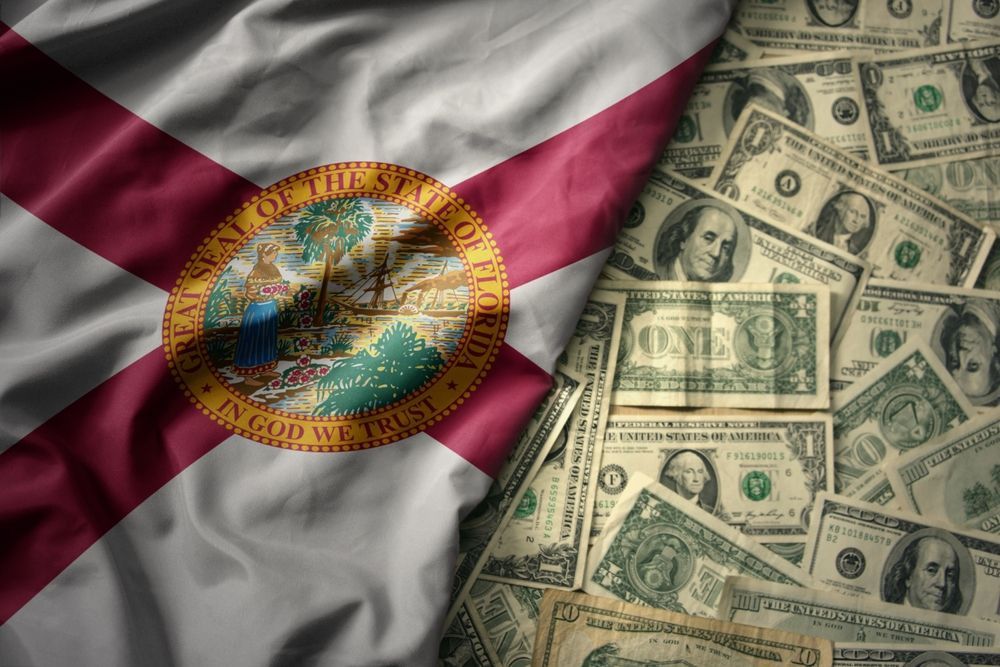Written By: Baden Tax

Attention Florida Taxpayers!
With the early payment discount of 11/30/2024 fast approaching, please be aware that some counties that were affected by this season’s hurricanes are offering an extended period to take advantage of the 4% early payment discount. Taxpayers should check their bills to confirm payment deadlines.



